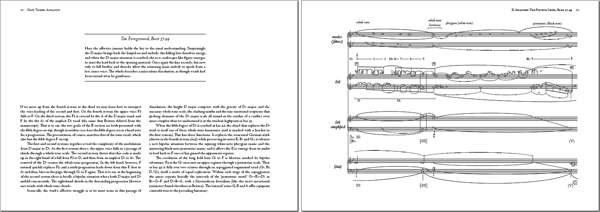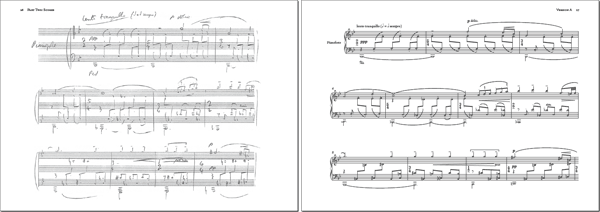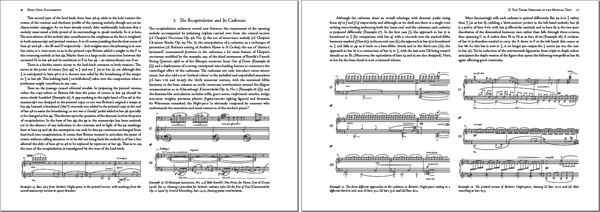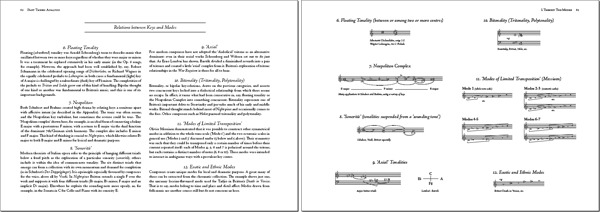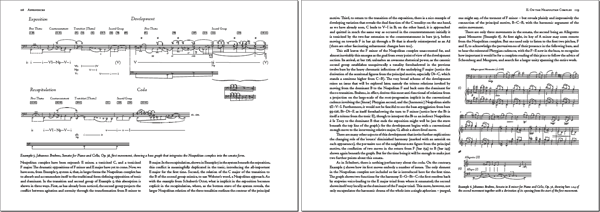Peter Pears once said of Benjamin Britten that ‘musically, he is not a Unitarian, he is a Greek who worships all the gods.’ For us too, Britten’s music demands that we respond to a language deeply embedded in the Western tradition. This study is devoted to a work written for the first Leeds International Pianoforte Competition of 1963, the Night-piece (Notturno) for piano solo, and erects a number of ‘shrines’ as a way of approaching not just this piece but Britten’s output as a whole.
The circumstances of the work’s commission and first performance are recounted through contemporary documents. The sketches held in The Britten-Pears Library in Aldeburgh are reproduced along with the printed music and examined for creative choices and suppressed backgrounds.
The surface of the music is described as a stylistic synthesis of nineteenth-century piano and vocal music (Chopin and Verdi), twentieth-century sonority (Bartók and Schoenberg), English prosody (Auden) and hermeneutics (drawing on Britten’s vocal music).
An array of modes brings together Britten’s experience of two or three centuries; and for the analysis itself the dynamic Schenkerian model of the past is transformed into the static confrontational one of the present.
As Britten’s music relies on musical and extra-musical topics for its effect, the book ends by charting three of the work’s most salient features, ternary form, climax-building and a complex of Neapolitan relations. These are treated as platonic Ideas with cognitive, affective and aesthetic aspects. Two appended essays show their manifestations in opera, song and concert music of the last three hundred years.
has taught musical analysis at King’s College London for many years and published widely in the field. He is also General Editor of the Hans Keller Archive (Cambridge University).
(editor) is author of The Variations of Johannes Brahms, and divides his life between musicology, performance and print publishing.
see also:


